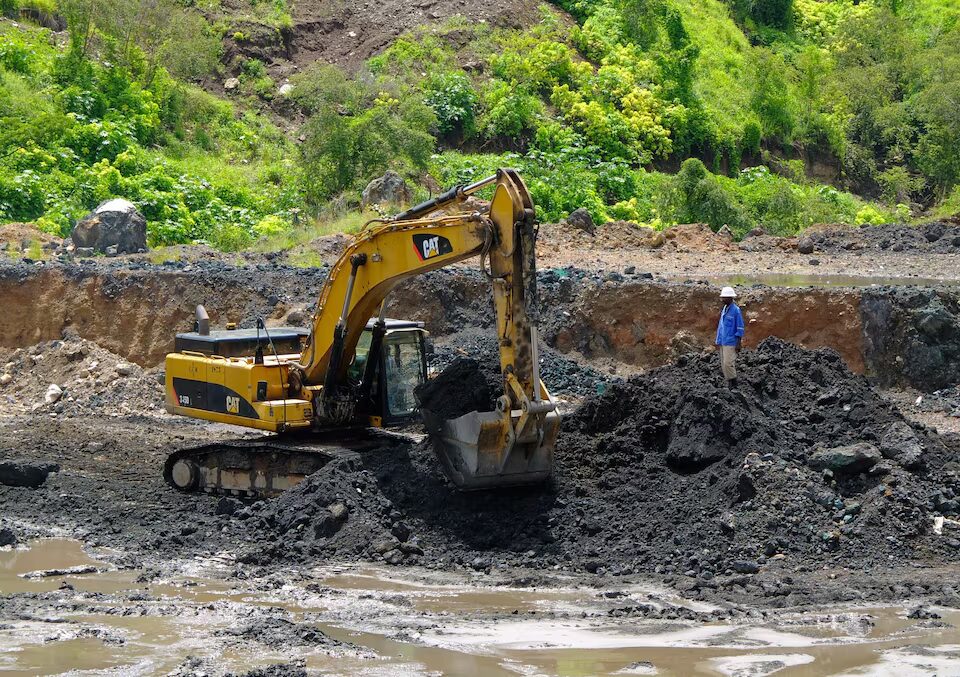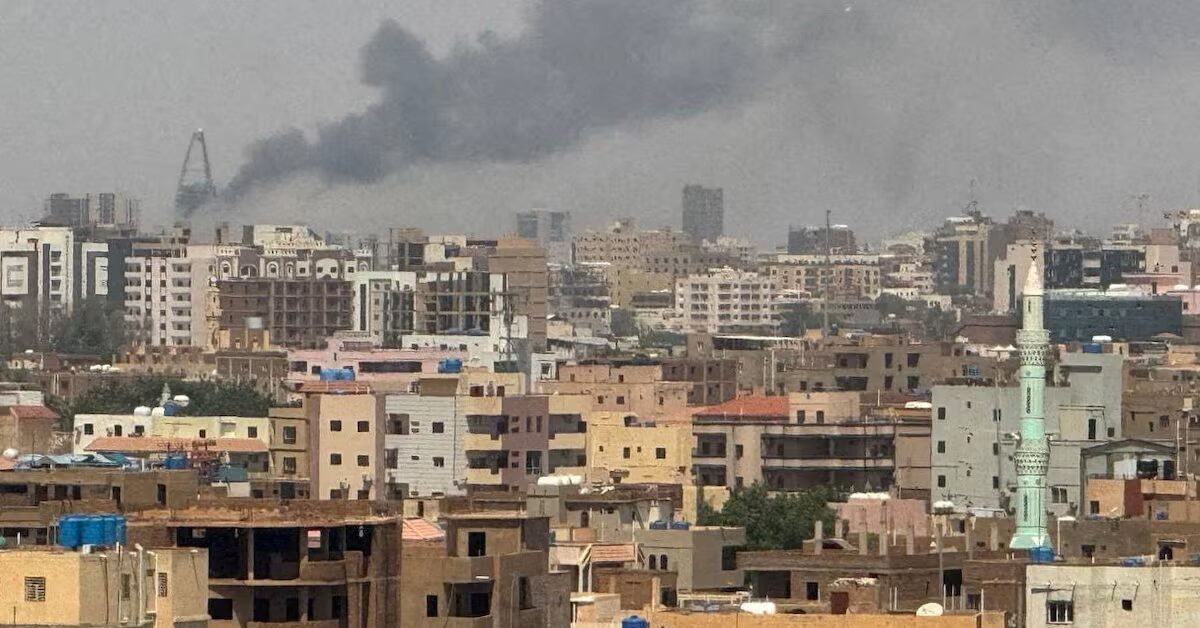
Thursday, 16th october 2025.

by inAfrika Newsroom
South Africa shale gas policy is shifting. The government will lift a long-running moratorium on shale gas exploration once new regulations are gazetted this month, the petroleum resources minister said. The move opens the Karoo Basin to reconnaissance and exploration bids after years of stop-start policy.
Officials said the ban, first imposed amid environmental concerns, has blocked new applications for more than a decade. The ministry now plans a rules-based reopening that it says will balance energy security with water and land safeguards. Industry groups welcomed clarity after repeated delays. Environmental coalitions warned of risks to fragile ecosystems.
The Karoo Basin contains large, but uncertain, shale resources. The Petroleum Agency of South Africa estimates about 209 trillion cubic feet (tcf) of technically recoverable shale gas, while earlier government and academic studies ranged from low double-digits to several hundred tcf. Officials stressed that figures remain unproven until drilling data arrive.
South Africa shale gas advocates argue domestic gas could help stabilise the grid, cut diesel peaker costs and back up renewables as coal plants retire. Critics cite water scarcity, seismic risks and potential harm to farming and tourism in the Karoo. They want tighter baseline studies, chemical disclosure and robust community consent before fracking approvals.
The regulator expects to sequence the restart. It will first process reconnaissance and exploration applications, then consider production licences if finds prove commercial, agency executives have said. The country is also developing its first LNG import terminal at Richards Bay to cover near-term supply gaps.
South Africa shale gas policy intersects with broader market shifts. Power cuts have eased this year, but the grid remains vulnerable. The state seeks private investment across gas-to-power, storage and pipelines to diversify away from coal. Trade officials say planned gas auctions could include multiple shale blocks offered through competitive bidding.
The new regulations are due before month-end, the minister said. They will set exploration standards, water management rules and liability provisions. Drafts have circulated for years, but court cases and legislative overhauls slowed finalisation. Business groups want predictable timelines; civil society wants strict enforcement. Both sides say execution will decide outcomes.
Analysts said the moratorium’s end will test investor appetite after majors cooled on the Karoo. Some early applicants withdrew as policy drifted. Smaller independents could move first, using seismic and stratigraphic wells to refine resource estimates. The agency said any development will proceed stepwise and under tighter oversight than a decade ago.
Global gas prices and finance costs will shape bids. Water access, community agreements and midstream build-out are likely bottlenecks. If early wells disappoint or face protests, the relaunch could stall. If results validate resource potential, South Africa could pursue pilot production within several years, officials said.


